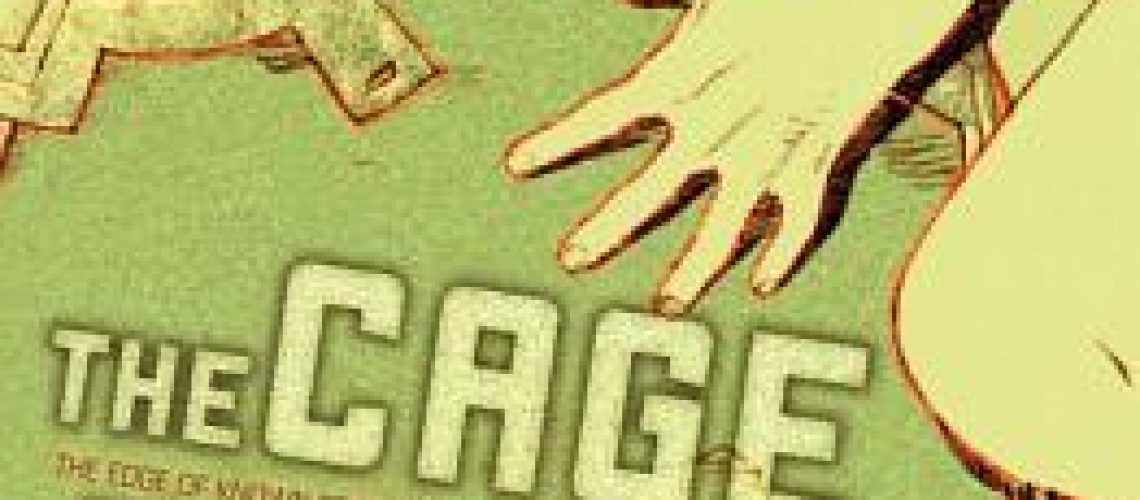One of my goals is to read as diverse literature as possible — at least those by authors outside of the US and the UK (since these two are the major players in the global publishing industry). The unfortunate reality is this: I keep on failing. That’s not to say I don’t occasionally succeed; just the other day, I finished reading a local anthology — Maximum Volume: Best New Philippine Fiction 2014 (ed. Dean Francis Alfar & Angelo R. Lacuesta) — but that’s only because it’s a local publication and I’m friends with some of the contributors. The said anthology being a title published in the Philippines, it poses some challenges in terms of accessibility that authors/publishers from other countries might experience:
- How do local readers get a copy? The irony of the Philippine publishing industry is that it’s easier to acquire a US-published book than it is to purchase a locally-published book from the bookstore. Or the other possibility is that it’s placed in a separate section in the bookstore (in our case, the Filipiniana section), which runs the risk of placing the said books in a ghetto.
- How do foreign readers get a copy? Some titles do eventually make it to online sites like Amazon, but at a significant markup (i.e. quadruple the price). A lot of local mainstream publishers don’t make their titles available as eBooks, so that’s also out of the question.
- How about the print run? In the Philippines, at least for fiction titles that aren’t Romance (which are significant best-sellers here), a good print run is anywhere between one thousand to two thousand copies. That’s typically the print run of an independent publisher in the US or in the UK. What is considered a best-seller here hardly makes a dent in the accounting of the major foreign publishers. An alternative would be eBooks, but again, not a lot of publishers here actually convert their titles to eBooks.
And these are just the complications on the production side. That doesn’t yet take into account the challenges of attracting interest, getting the word out, etc.
If these are the challenges I’m facing as a reader of Philippine fiction, how much more the fiction from other countries like Malaysia, Singapore, South Africa, France, Croatia, etc.? Where do I go to find fiction from these countries? (Which is why I encourage people to read books like Three Messages and a Warning [ed. Eduardo Jiménez Mayo & Chris. N. Brown] and Kontakt: An Anthology of Croatian SF.)
Which leads me to the privilege of authors published in US and UK markets, especially if they are writers from those nationalities. For example, I once read a blog entry from a genre blogger/editor talking about African storytelling, and the author they mention is Mike Resnick, with only a casual mention of an author like Nnedi Okorafor. And this goes on and on for various other countries: Guy Gavriel Kay for China, Paolo Bacigalupi for Thailand, etc. That’s not to say said authors shouldn’t write about foreign countries, especially if they’re well-researched, but the fact remains that often, whether intentionally or unintentionally, their narrative drowns out all the other voices. In the case of Resnick, for example, why is his narrative about Africa more resonant than that of Okorafor’s? (Or for that matter, what are the conscious and unconscious biases of the author of the article, that Resnick is who they focus on, instead of writers like Chinua Achebe, Lauren Beukes, or Nick Wood?)
When Neil Gaiman visited the Philippines, he often got asked the question: why doesn’t he write about local folklore? And I think he gave an appropriate response:
Because when I first came out here, people were giving me books of local folklore and I was reading them. And I was loving them. People would then ask me, “What do you like?” and I would tell them “I liked the aswangs and the manananggals.” After that, they would ask me if I would put them in my stories. Then I started feeling as if I did (write about them) it would lend them some kind of legitimacy, but I would be like a cultural tourist. But what about you guys? This stuff is yours!
(Source: Sandman Hearts The Dork Knight)
There is also a dangerous corollary to this, at how a single person can become the representative of a culture. For example, just because I champion Philippine speculative fiction does not mean I represent all Filipino genre writers. There are several dozen writers from the Philippines, each with unique talents and contrary views from my own. I love the fiction of Zoran Živković, but he’s not the only Serbian writer in existence. And a personal pet peeve is how people think the be-all and end-all of Japanese fiction (much less science fiction and fantasy) is Haruki Murakami (hint: there’s Miyuki Miyabe, Otsuichi, Sayuri Ueda, etc.).
——————————————
Charles Tan is the co-editor of the Philippine Speculative Fiction Vol. 9.











2 Responses